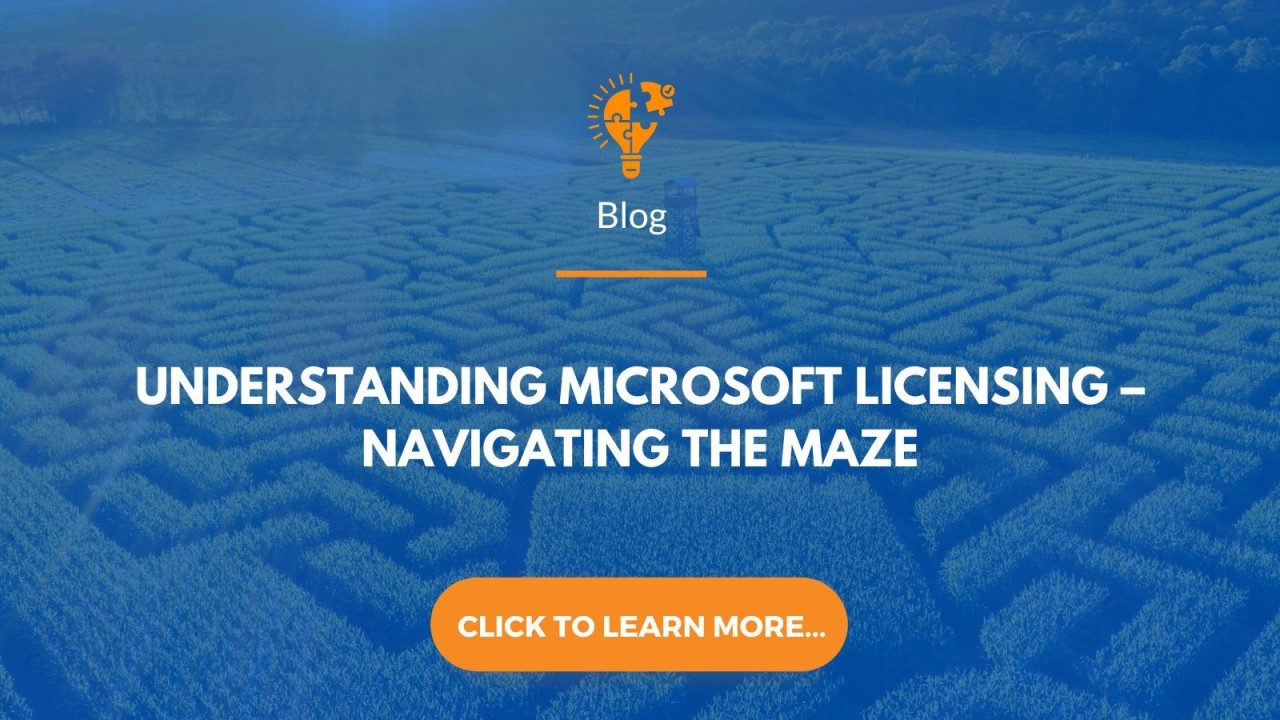
Understanding Microsoft Licenses – Navigating the Maze
Andrew Good
CEO at Liberty Grove Software | MCT Microsoft Dynamics BC | DCP | Manufacturing Specialist | Food & Beverage
When it comes to Microsoft licensing, the array of options can be daunting. Making the proper license selection can be much like navigating a complex maze.
However, understanding the distinctions between the types of licenses can empower you to make the best decision for your business needs.
Let’s dive into the specifics of Premium vs Essentials, Team Member, Device, and Dynamics CRM licenses.
Premium vs. Essentials Licenses
Microsoft Dynamics 365 Business Central offers two primary license types: Essentials and Premium.
Team Member Licenses
Many organizations have users who may ingest data or reports from line-of-business systems or perform basic tasks such as updating HR records or entering time sheets but do not require full user capabilities.
These users are eligible for the Dynamics 365 Team Members license.
The Dynamics 365 Team Members license is a named user subscription designed explicitly for users whose occupations are not necessarily associated with a specific function but require access to a line-of-business system's fundamental functionality.
Within the Team Member experience, this license allows users restricted access through specific scenarios.
Dynamics 365's customer engagement applications (Dynamics 365 Sales, Dynamics 365 Customer Service, Dynamics 365 Field Service, Dynamics 365 Marketing, and Dynamics 365 Project Operations) offer this Team Member experience through a designated set of applications:
The Dynamics 365 Team Members subscription is not designed for scenarios that exceed those specified in the Microsoft Dynamics 365 Licensing Guide and does not grant access to custom applications.
The Team Member license is a lighter, more affordable option for users needing basic system access. This license allows users to:
Team Member licenses are perfect for employees who need to perform specific tasks but do not require full access to the system.
领英推荐
Device-Based Licenses
The Device license is for shared devices used by multiple users. Instead of licensing individual users, you license the device itself.
It is beneficial in environments like retail stores, warehouses, or manufacturing floors where multiple employees might use the same device throughout the day.
Device licenses can help reduce costs and simplify management in these scenarios.
Microsoft 365 Apps for enterprise is accessible to all users of a license-equipped device. For instance, assume that your organization employs 20 laptops and devices.
Assigning a license to each device enables each individual who signs in to one of the devices to utilize Microsoft 365 Apps for enterprise without obtaining their own license.
Device-based licensing for Microsoft 365 Apps for enterprise is exclusively available as an add-on license for specific commercial and education customers.
The license for commercial customers is Microsoft 365 Apps for enterprise (device) and is exclusively available through Enterprise Agreement/Enterprise Agreement Subscription.
The license for education customers is Microsoft 365 Apps for Education (device) and is exclusively available through Enrollment for Education Solutions (EES).
Dynamics CRM Licenses
Dynamics 365 Customer Relationship Management (CRM) licenses for businesses focused on sales, customer service, and marketing. The main types of CRM licenses include:
Conclusion
Choosing the right Microsoft license type should be based on your business needs and the specific functionalities your team requires. Whether you need comprehensive business management tools, basic access for team members, shared device access, or specialized CRM capabilities, Microsoft offers a range of licenses to fit your requirements. Understanding these options is key to making an informed decision and maximizing the value of your investment in Microsoft solutions.
Need Licensing Advice?
Contact Liberty Grove for a complimentary consultation on how its team of experts can guide your organization through the complex maze of Microsoft licensing options and secure the right license for your business needs.